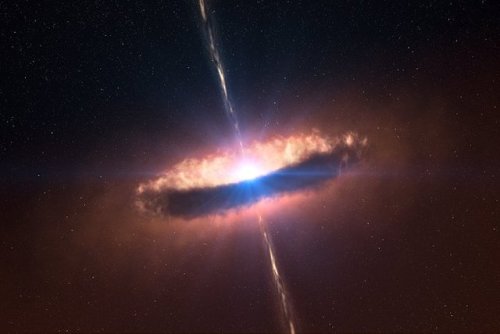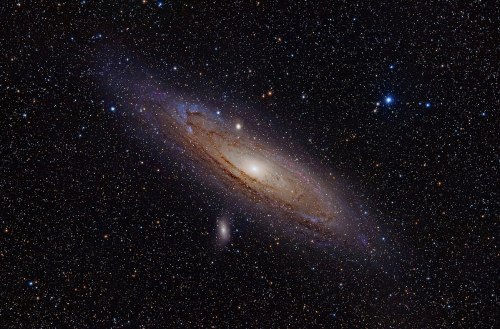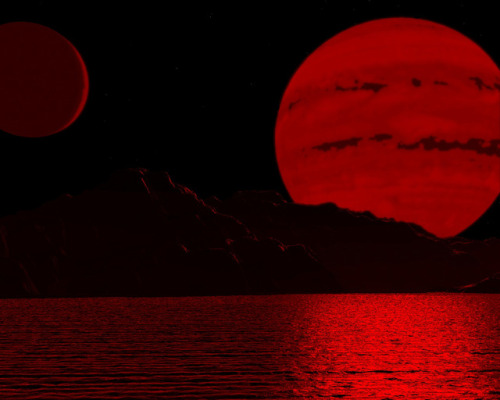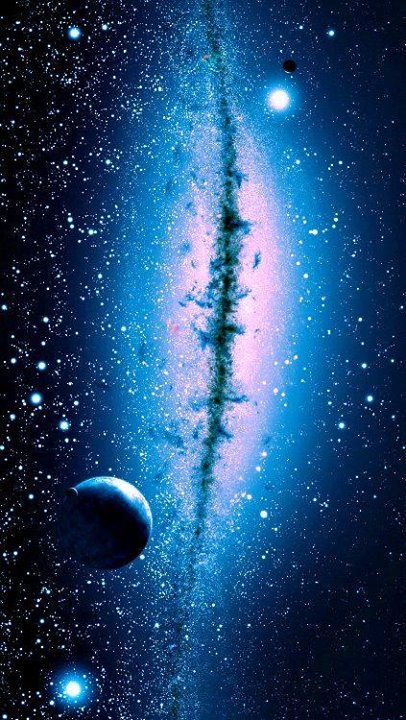What Is A Protostar?




What is a protostar?
The formation of stars begins with the collapse and fragmentation of molecular clouds into very dense clumps. These clumps initially contain ~0.01 solar masses of material, but increase in mass as surrounding material is accumulated through accretion. The temperature of the material also increases while the area over which it is spread decreases as gravitational contraction continues, forming a more stellar-like object in the process. During this time, and up until hydrogen burning begins and it joins the main sequence, the object is known as a protostar.
This stage of stellar evolution may last for between 100,000 and 10 million years depending on the size of the star being formed. If the final result is a protostar with more than 0.08 solar masses, it will go on to begin hydrogen burning and will join the main sequence as a normal star. For protostars with masses less than this, temperatures are not sufficient for hydrogen burning to begin and they become brown dwarf stars.
Protostars are enshrouded in gas and dust and are not detectable at visible wavelengths. To study this very early stage of stellar evolution, astronomers must use infrared or microwave wavelengths.
Protostars are also known as Young Stellar Objects (YSOs).
More Posts from Cosmicinsightz and Others

Andromeda, Our Sister
Flight Across The Universe

Western Veil

Milky Way - Spiral Galaxy

Planetary Nebula M2-9 // Butterfly Nebula


The veil nebula is 110 light-years across, covering six full moons in the sky, seen from Earth, and resides about 2,100 light-years away in the constellation Cygnus the Swan.
Image credit: NASA, ESA & Hubble

This image shows what it might look like standing on the surface of a planet orbiting a brown dwarf star. An alien moon can also be seen in the sky. The brown dwarf gives off such feeble visible light it is difficult to see any of the landscape except for the reflection in the water.
credit: Jeff Bryant

Arp 240, Galaxy Bridge

-
 lesbianmasterchief liked this · 4 months ago
lesbianmasterchief liked this · 4 months ago -
 sochiase liked this · 5 months ago
sochiase liked this · 5 months ago -
 kingslime337 reblogged this · 5 months ago
kingslime337 reblogged this · 5 months ago -
 bcloude liked this · 1 year ago
bcloude liked this · 1 year ago -
 sublimeproxy liked this · 2 years ago
sublimeproxy liked this · 2 years ago -
 moonincapricorn liked this · 3 years ago
moonincapricorn liked this · 3 years ago -
 fireball763 liked this · 3 years ago
fireball763 liked this · 3 years ago -
 onlineengima liked this · 3 years ago
onlineengima liked this · 3 years ago -
 bigpapi504 liked this · 3 years ago
bigpapi504 liked this · 3 years ago -
 princessnijireiki liked this · 3 years ago
princessnijireiki liked this · 3 years ago -
 aerstic-spire reblogged this · 3 years ago
aerstic-spire reblogged this · 3 years ago -
 jabyerah-blog liked this · 3 years ago
jabyerah-blog liked this · 3 years ago -
 lsdrew liked this · 3 years ago
lsdrew liked this · 3 years ago -
 sebastianflores95 liked this · 3 years ago
sebastianflores95 liked this · 3 years ago -
 bigbc420 liked this · 3 years ago
bigbc420 liked this · 3 years ago
a collection of all cosmic ephemeralities and phenomenons. a blog dedicated to exploring the vastness of the universe
66 posts